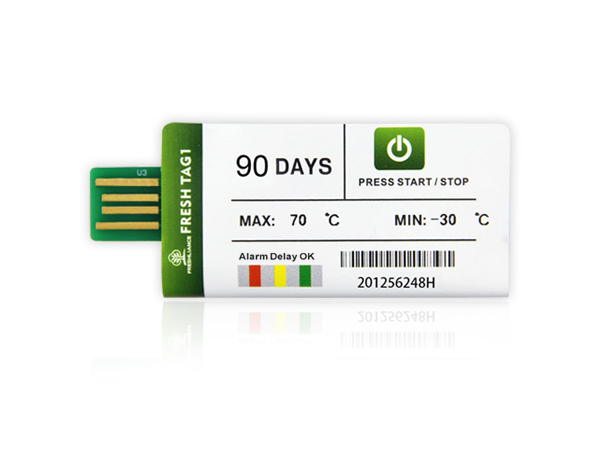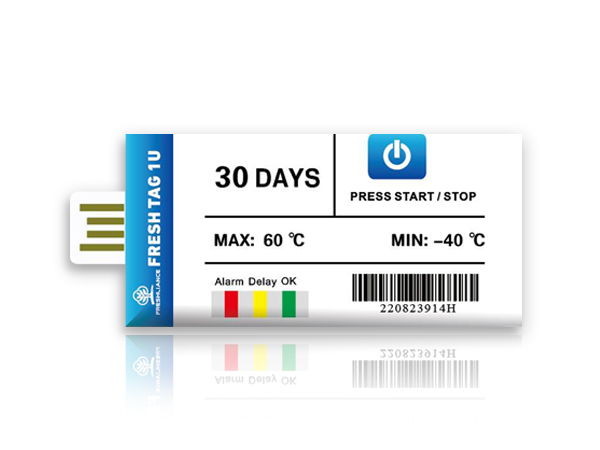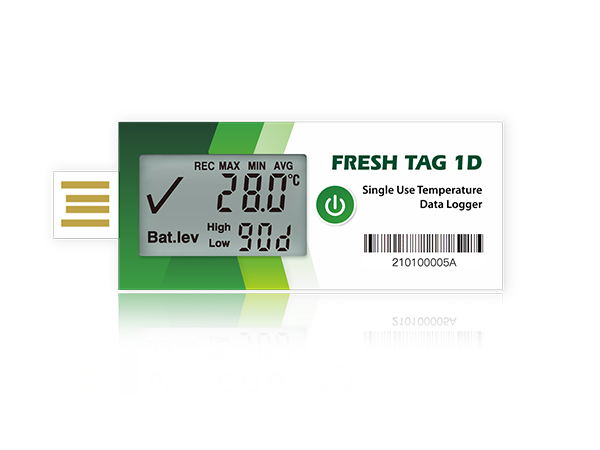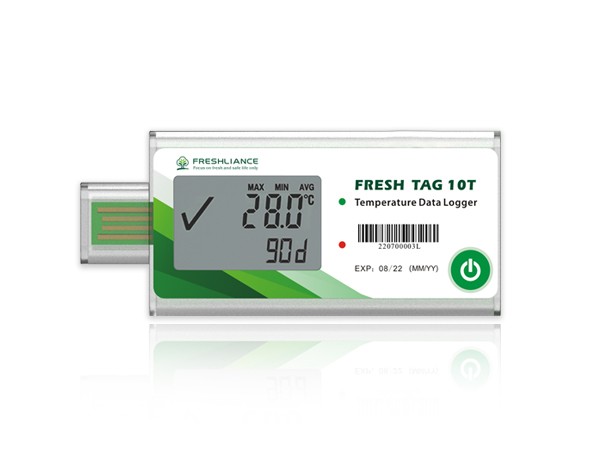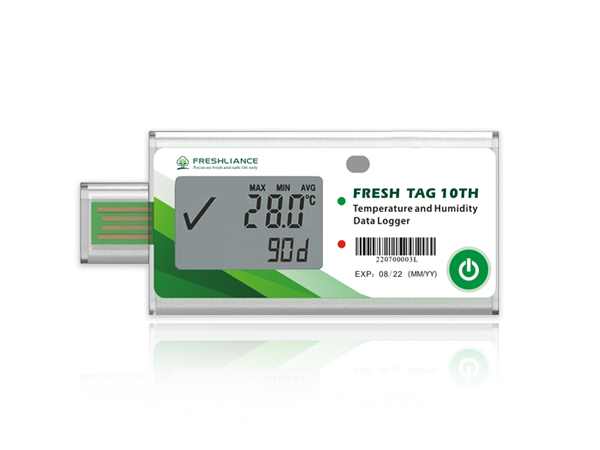Temperature is an important factor in wine-making, particularly for controlling yeast activity during alcoholic fermentation. Too high a temperature can increase the production of volatile acidity, or even bring fermentation to a halt; too low a temperature favors retention of the esters responsible for the fruity notes often perceived in white and red wines.
A key factor in fermentation control, temperature influences the aromatic profile of wines. In fact, there are a number of temperature charts with values known to be optimal or limit temperatures, enabling yeast to develop and produce specific fermentative aromas.
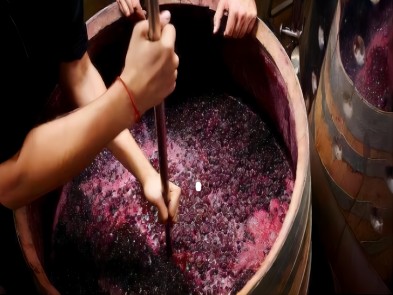
Temperature: a key parameter in fermentation control
Several factors have been identified as important in controlling fermentation, including temperature. In practice, white wines are vinified at temperatures below 20°C, and for red wines it is not uncommon to reach 30°C. Excessive temperature increases yeast mortality, while temperatures that are too low reduce or even halt yeast activity. The higher the temperature, the faster the fermentation, and vice versa. Of course, there's no one right temperature, and it's not yet proven that there's such a thing as the optimum temperature. However, there are clear effects of temperature on the fermentation profile.
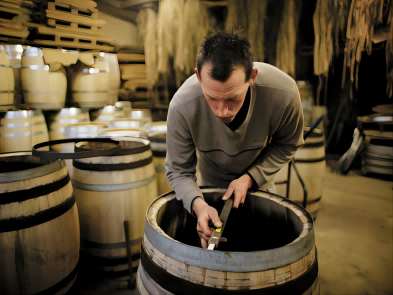
Temperature plays a role in alcohol toxicity
Temperature influences yeast viability and their ability to complete fermentations. This is due to the combined effect of alcohol content and temperature on alcohol toxicity. The higher the alcohol, the greater the temperature effect on alcohol toxicity, and therefore on yeast mortality, with a consequent risk of fermentation stoppage.
In red winemaking, the risk of toxicity is generally considered to be high above 32 degrees.
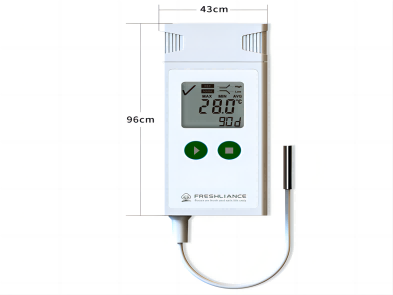
Effects of fermentation temperature on wine sensory profile
There are 2 major effects of alcoholic fermentation temperature on the sensory profile of wines. Firstly, generally speaking, the higher the temperature, the more volatile acidity is produced by the yeast. These compounds are responsible for the appearance of solvent-like aromas above a certain concentration in wines.
Secondly, with regard to the aromatic profile, it has been established that low temperatures favor the production of esters, which contribute to the fruity character of wines. Temperature therefore has no influence on yeast activity, but rather on the loss of aromatic molecules.
Atlas Log is a versatile data logger with LCD display. It offers a high-resolution temperature range from -30 to 70°C, recording up to 35,000 measured values with real-time temperature display. Parameters can be freely defined using the configuration software supplied by our company. The integrated file generation function enables this data logger to generate irreversible data reports directly in PDF / CSV format, with no software required. It's an ideal sensor for winemaking.

 English
English Español
Español Русский
Русский Français
Français Deutsch
Deutsch عربي
عربي 中文
中文